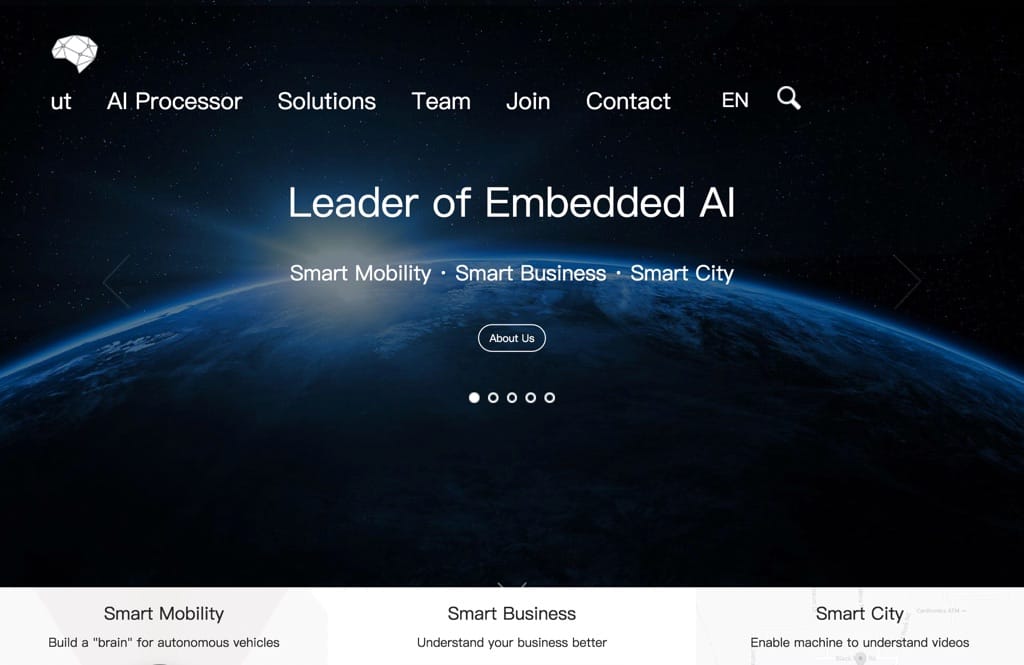
China ist, wenig überraschend, wild entschlossen, möglichst alle Teile der Wertschöpfungskette für selbstfahrende Automobile im Land aufzubauen.
Warum es wichtig ist: China hat längst begonnen, den Heimatmarkt als Hebel zum Aufbau einer massiven eigenen Automobilindustrie zu nutzen.
Bloomberg über die jüngsten Anstrengungen:
Horizon Robotics is an example of China’s resolve to move up the manufacturing value chain by focusing less on commodity smartphones and TVs, and more on sophisticated semiconductors and artificial intelligence that can help cars drive themselves or spaceships land on the moon. That industrial policy is meant to help China reduce its 1.75 trillion yuan ($276.4 billion) in annual chip imports, a value dwarfing its oil imports.
“China has to spare no efforts to pick up and develop its own chip technology to improve our own sense of security, especially when the U.S. government is making us fearful about any protectionism against China,” Wei Shaojun, director of the Beijing-based Institute of Microelectronics at Tsinghua University, said at a forum in Shanghai.
Bei so etwas wichtigem wie dem Transportwesen will China nicht auf Chips oder Software aus dem Ausland angewiesen sein.
Horizon Robotics kann namhafte Kooperationspartner aufzählen:
The company is cooperating with Volkswagen AG’s Audi; Chongqing Changan Automobile Co., the local partner of Ford Motor Co.; and parts supplier Robert Bosch GmbH to get inside future autonomous vehicles. A self-driving Changan car completed a 1,200-mile road trip in China in 2016. [...]
Audi selected Horizon Robotics for a China-specific project and will evaluate the outcome before taking any next steps, Johanna Barth, a Beijing-based spokeswoman for Audi, said without elaborating.
Audi still uses Nvidia and Mobileye sensors in cars sold outside China, she said.
Das ist keine überraschende Entwicklung: Ähnlich wie bei Straßenkarten wird China auch bei anderen wichtigen Bestandteilen für das Transportwesen von morgen mittels rigoroser Lizenzen sicherstellen, dass ausländische Hersteller mit heimischen Unternehmen zusammenarbeiten müssen, wenn sie zum Beispiel selbstfahrenden Automobile auf dem chinesischen Markt verkaufen wollen.
Logische Folge: Hersteller wie Audi müssen für China eine andere Kooperationsstrategie verfolgen als für den Rest der Welt.
Eine nachvollziehbare Art des Protektionismus, weil die Erfolgsaussichten dank der Größe des chinesischen Marktes ziemlich gut aussehen.
Zusätzlich plant die chinesische Regierung massive Investitionen:
China’s industrial priorities include becoming a leader in advanced manufacturing businesses, including integrated circuits, 5G mobile communications, aircraft engines and new-energy vehicles, Premier Li Keqiang told the National People’s Congress on March 5.
The government envisions spending about $150 billion in the next decade.
Die Diskrepanz zwischen der öffentlichen Debatte in Deutschland und dem, was China an Dynamiken für den globalen Automarkt hier anschiebt, wird konstant größer.
Obligatorische Abschlussfrage: Wer glaubt ernsthaft, dass Diesel bei diesen Entwicklungen an irgendeiner Stelle eine Rolle spielt?

